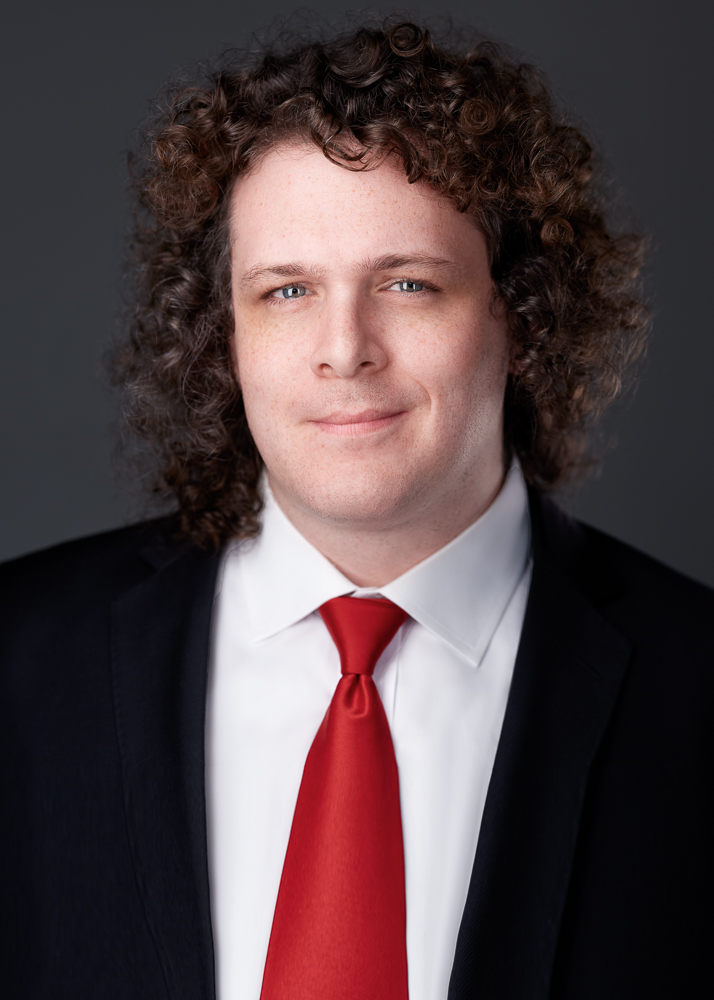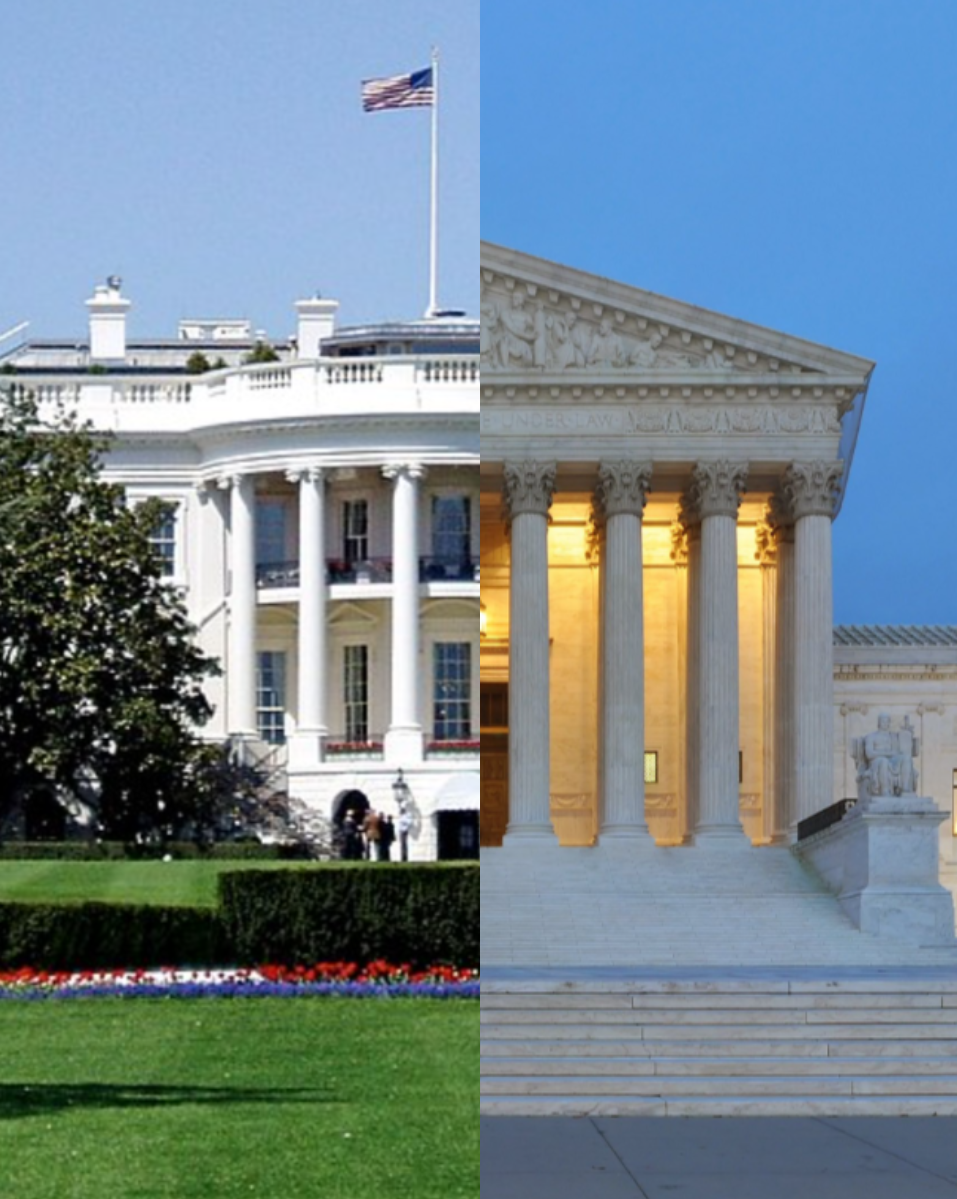Can one federal district court judge, even temporarily, be more powerful than the President of the United States? That’s the issue at the heart of the critical debate over the legal remedy known as the nationwide injunction. The deployment of this legal remedy by federal district court judges has increased significantly in the past ten years, most acutely though during the presidencies of Donald Trump to enjoin, or stop, his administration’s policies from being carried into full effect. The Supreme Court is poised to take up the scope as well as underlying justification for nationwide injunctions in the Trump v. Casa Inc. case, which is scheduled for oral argument on May 15. To help us understand nationwide injunctions and the stakes of the upcoming oral argument, we could think of no one better than our friend GianCarlo Canaparo. GianCarlo is the co-author of One Ring to Rule Them All: Individual Judgments, Nationwide Injunctions, and Universal Handcuffs published in the Notre Dame Law Review.

GianCarlo is a senior legal fellow in The Heritage Foundation’s Edwin Meese III Center for Legal and Judicial Studies. Canaparo’s research focuses primarily on constitutional and administrative law. He earned his law degree from Georgetown University, where he was a published editor of the Georgetown Law Journal, and his bachelor’s degree in economics from the University of California at Davis.
Read More:
The Best Way to Fix Nationwide Injunctions
One Ring to Rule Them All: Individual Judgments, Nationwide Injunctions, and Universal Handcuffs,





